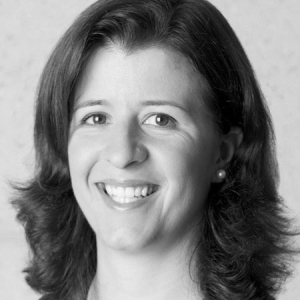Luisa M. Figueiredo
Instituto de Medicina Molecular (iMM) Lisboa
Supervisor ESR 4
lmf@medicina.ulisboa.pt
Research Interests
Parasitism relies on the ability of an organism to exploit its host. Trypanosoma brucei is a unicellular parasite responsible for a fatal disease in humans (sleeping sickness), and for a chronic disease in cattle (nagana) in Sub-Saharan Africa. Our group is interested in understanding the cellular and molecular mechanisms employed by T. brucei to be an effective parasite. Our current projects focus on two main interests:
- TISSUE TROPISM– Our lab recently demonstrated that the adipose tissue is a major parasite reservoir during a mouse infection and that parasites functionally adapt to the tissue. These unexpected observations raised many questions: how do parasites move between tissues? What is the selective advantage to accumulate in this tissue? Are parasites equally susceptible to drug treatment? How do parasites enter/exit the tissues? What is the extravascular contribution to the dynamics of parasite transmission?
- ANTIGENIC VARIATION– A long-standing interest of our group is to understand the mechanisms that govern antigenic variation, a process that allows trypanosomes to escape the host immune response. We are currently studying the importance of non-coding RNAs and epigenetic modifications on the regulation of genes underlying antigenic variation.
Keywords & Model System
Host-parasite interaction, extravascular parasites, adipose tissue, antigenic variation
Trypanosoma brucei
Scientific CV
| Year | Function | Institution |
|---|---|---|
| since 2009 | Group Leader | Instituto de Medicina Molecular, faculdade de medicina, Universidade de Lisboa, Portugal |
| 2008-2009 | Research Associate | The Rockefeller University, Prof. George Cross New York, NY, USA |
| 2003-2007 | Research Associate | University, Prof. George Cross New York, NY, USA |
| 2002 | Postdoctoral Fellow | Institut Pasteur, Dept. of Parasitology & Mycology, Prof. Artur Scherf Paris, France |
| 1993 – 1997 | Bachelor of Sciences (biochemistry) | Universidade do Porto, Portugal |
This project has received funding from the European Union’s Horizon 2020 Research and Innovation programme under the Marie Skłodowska-Curie grant number 860675.


